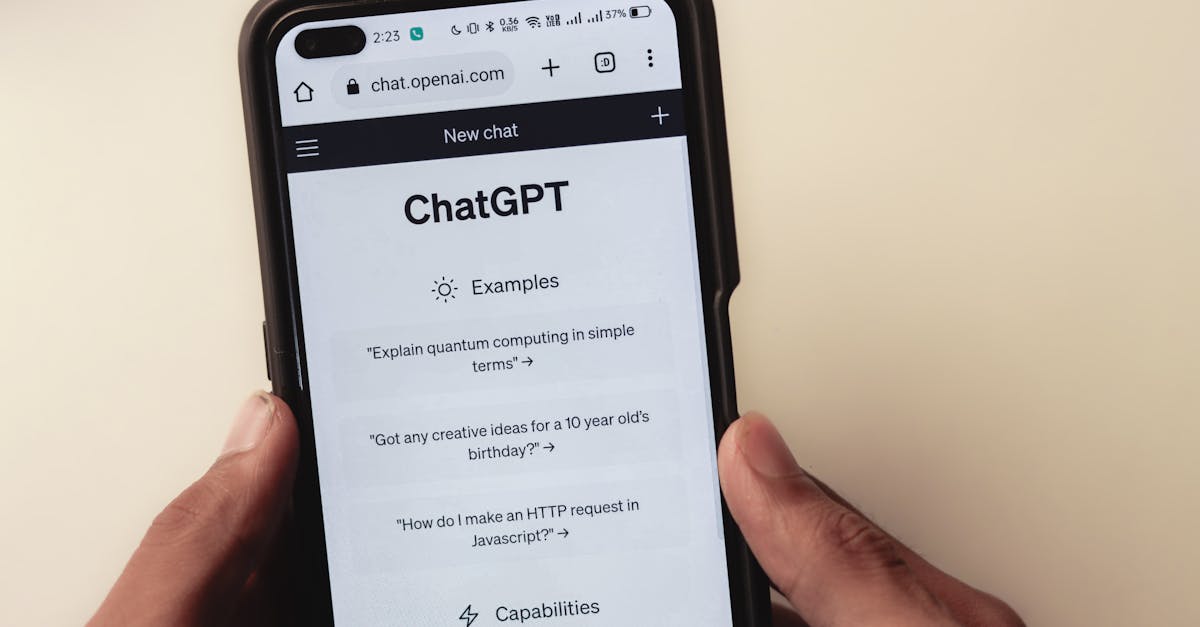Unlocking New Communication Pathways: The Rise of Brain-Computer Interfaces in AI
Introduction
Imagine a world where individuals unable to speak can engage in real-time conversation through advanced technology. Thanks to a team at the University of California, Davis, a breakthrough brain-computer interface (BCI) system makes this a reality. But how does this innovation fit into the broader AI industry, and what implications does it hold for future developments?
The Technology Behind BCIs: How It Works
At its core, a Brain-Computer Interface (BCI) is a technology that enables communication directly between the brain and an external device. By monitoring electrical signals produced by the brain and translating them into commands, these systems allow for seamless interaction.
Case Study: University of California, Davis
The researchers at UC Davis have developed a BCI solution that distinctly stands out for opening up natural, real-time communication systems. By leveraging machine learning algorithms, this interface effectively deciphers neural signals and translates them into speech.
Future Implications and Enhancements
As AI technologies continue to evolve, we can anticipate more robust and accessible BCI systems. The integration of cloud computing, such as SaaS platforms, can offer high-speed processing and data storage solutions, enhancing the reliability and functionality of BCIs.
Expanding the Reach of AI in Accessibility
Technological advancements not only pave the way for novel applications but also bolster AI’s role in enhancing accessibility. The ability for individuals with speech impairments to communicate effortlessly can lead to significant social and economic benefits.
- Improved personal independence and empowerment
- Access to broader employment opportunities
- Heightened integration in social activities
Developments in Cloud and AI for BCIs
Incorporating cloud-based platforms can offer scalable and efficient infrastructure, while AI can provide intelligent data processing, further optimizing BCI applications.
Conclusion: Pioneering Future Connections
Brain-Computer Interfaces are not merely about technological marvels; they represent a significant step towards a more inclusive world. The collaboration between advanced AI systems and cloud technology promises continued growth in the accessibility and functionality of these innovative systems. Embrace this trailblazing trend and explore the future of AI communication.
